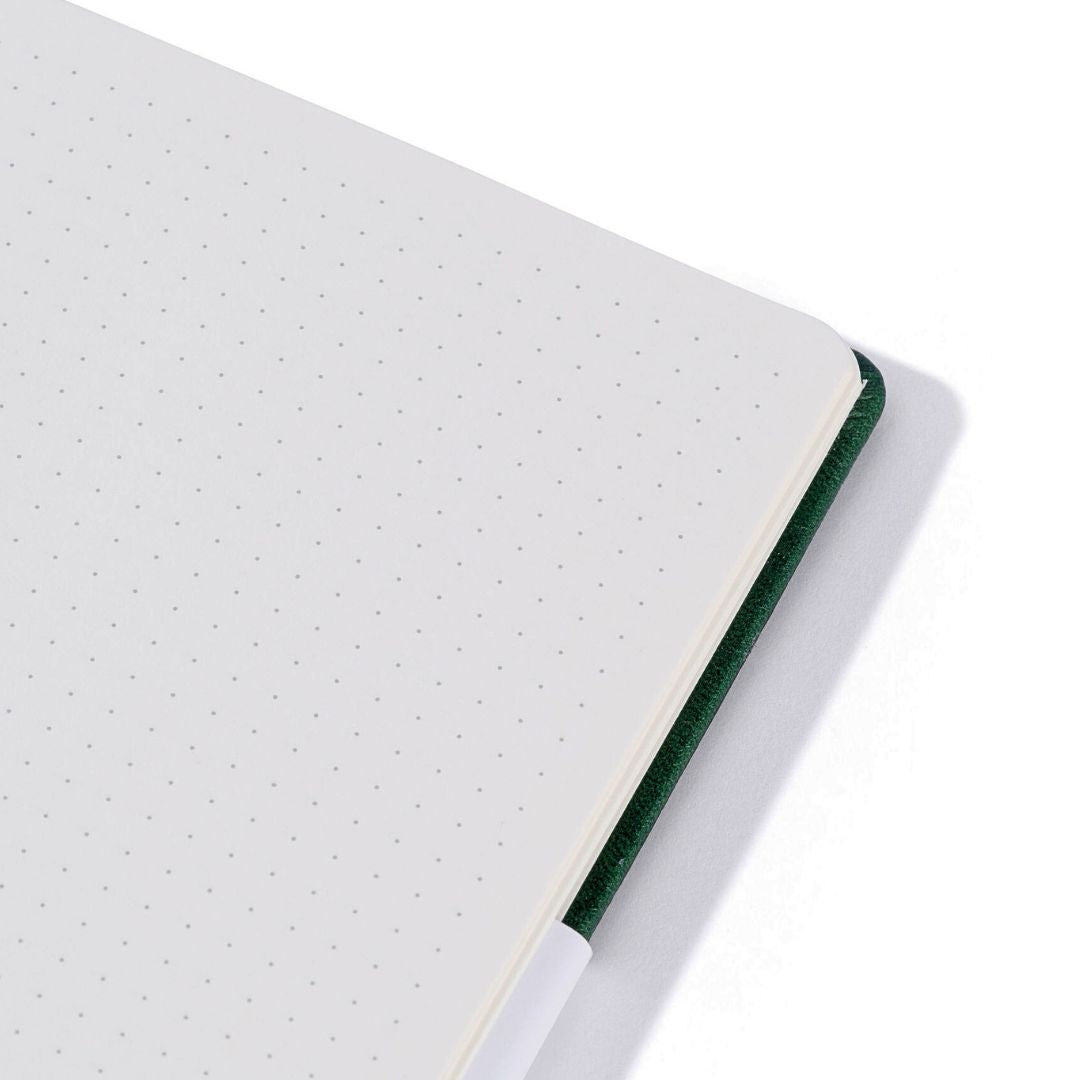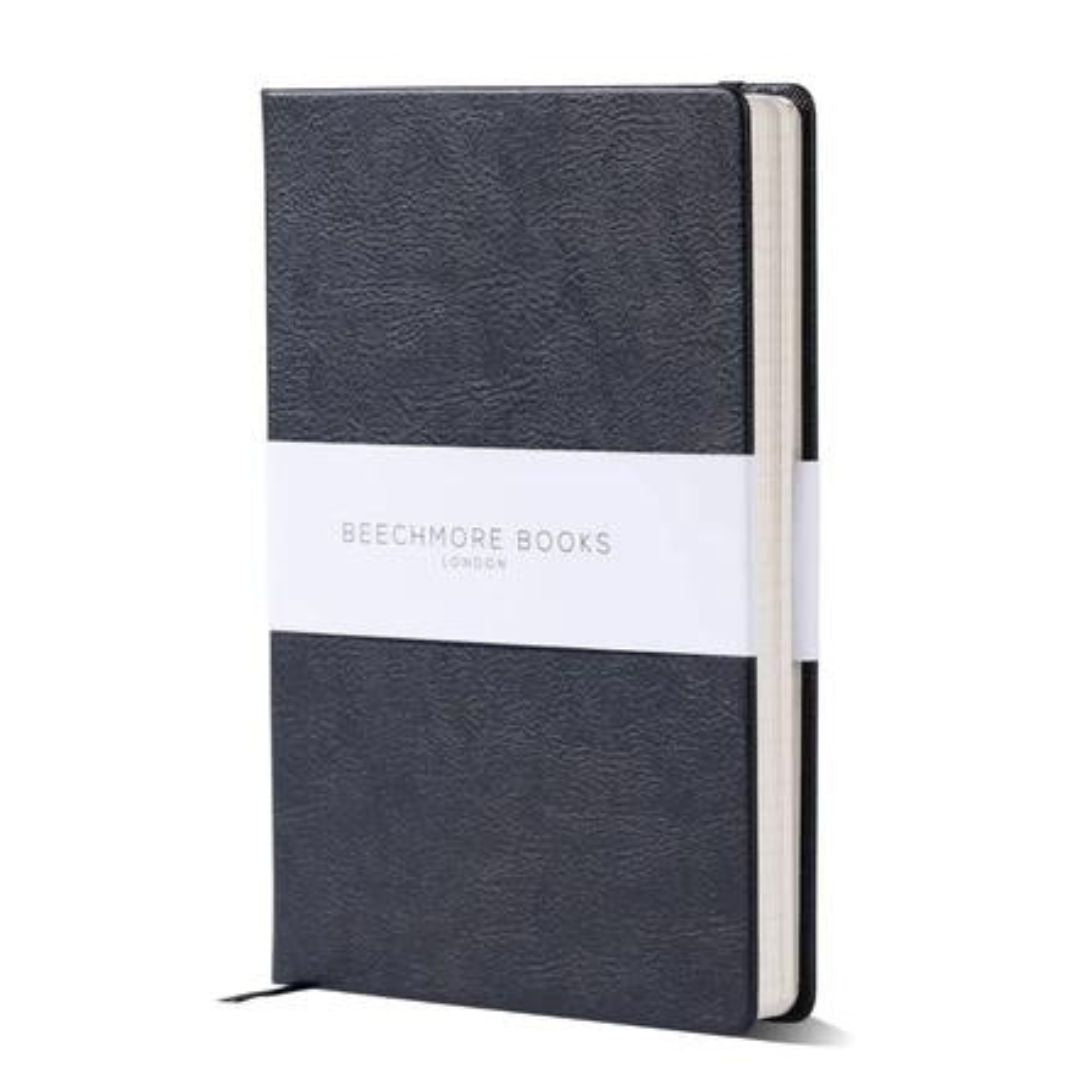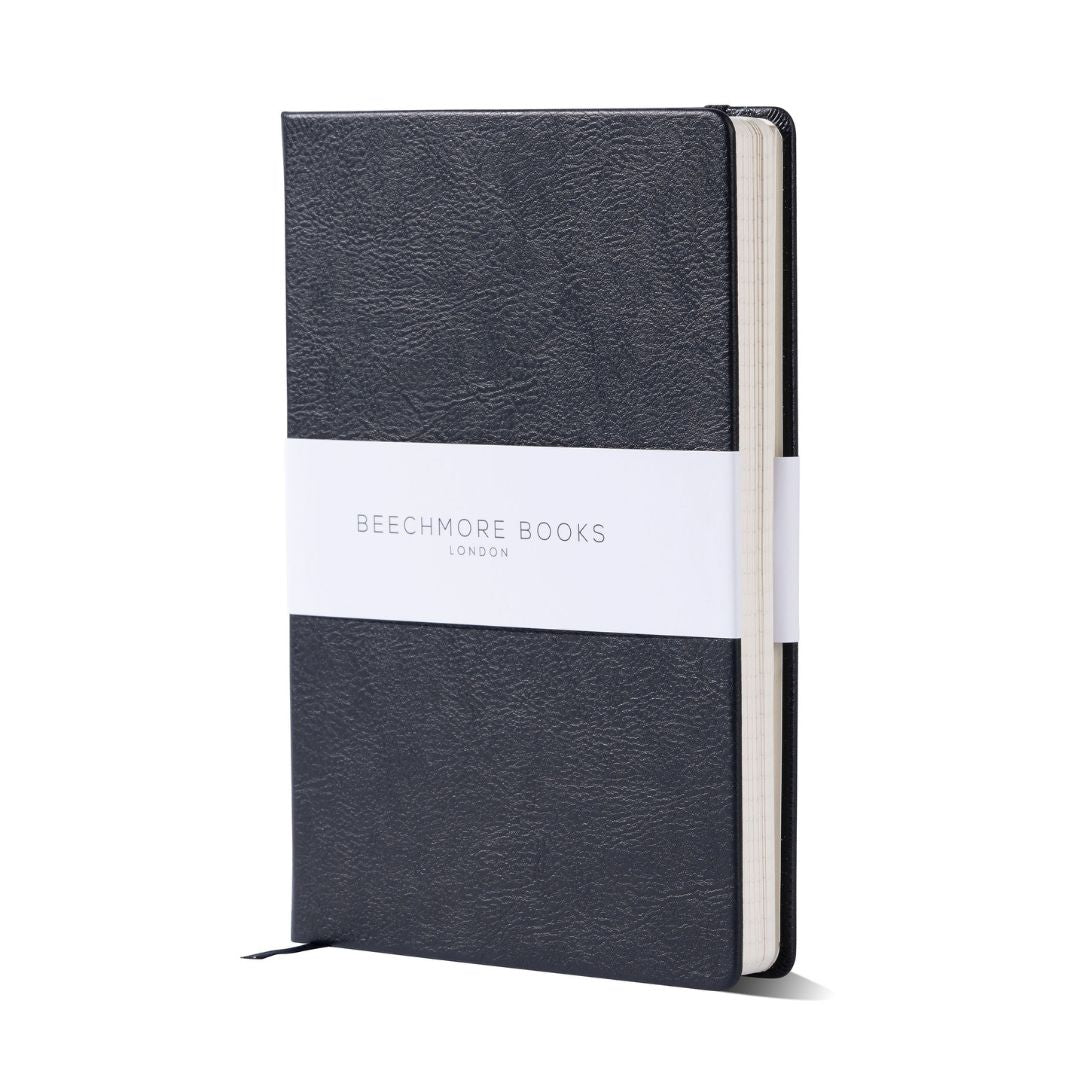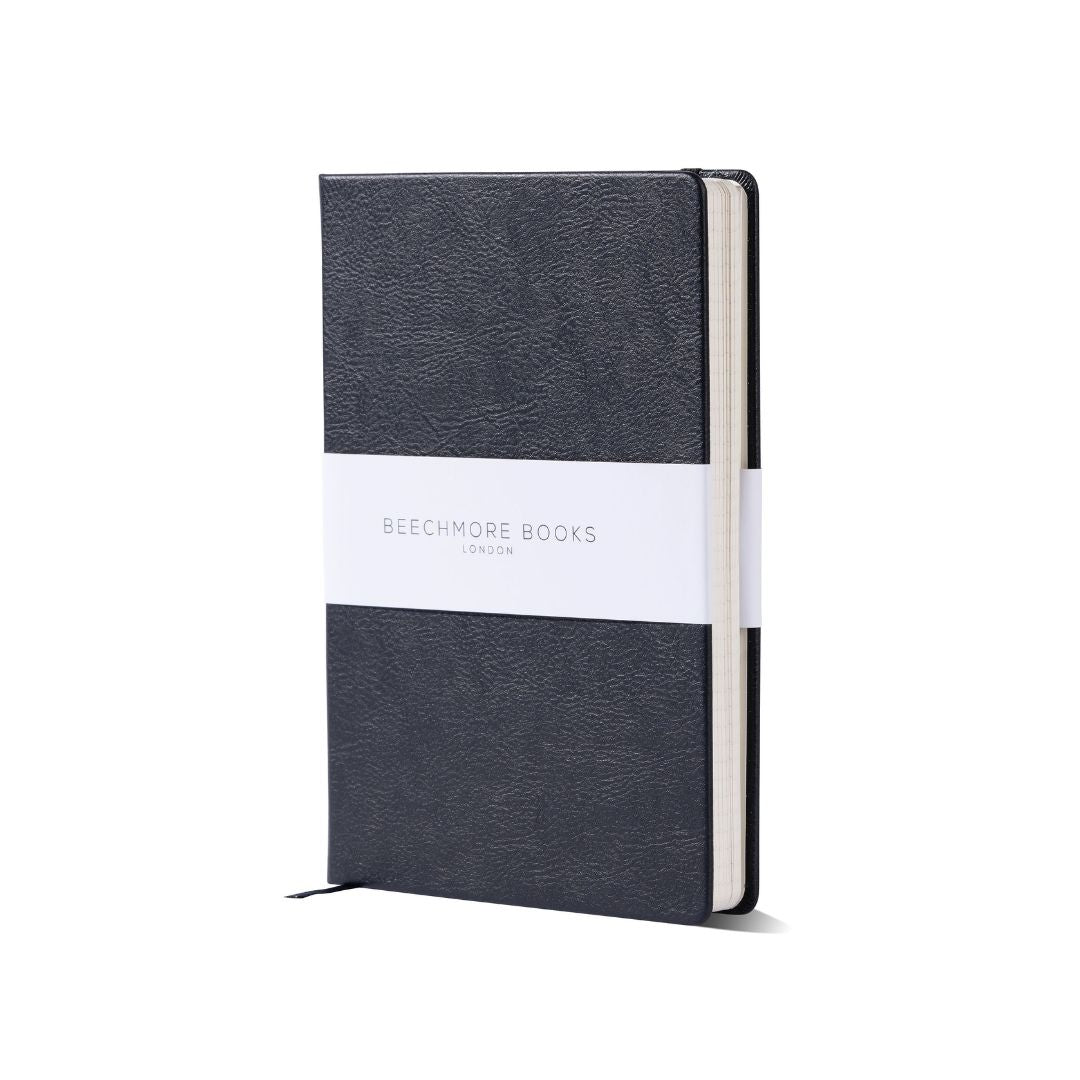We all have our quirks and foibles when it comes to creating a conducive work environment. As a book editor, I’ve seen it all: writers who require a rare brand of mint tea in one particular mug; who can only write with a particular cushion on the seat of their favourite chair; who need an exact decibel of quiet or bustle in order to begin the process of focusing. As a society, we’re used to the idea of people going to great lengths to clear the path for ideas to arrive.
But what about the split second after inspiration strikes? Most people, and not just writers, give it comparatively little consideration. Whenever you have thoughts muddling around in your head, and you pull out your phone to note them down, or you dash to a laptop, you are not giving much attention to one of the most important parts of any professional or creative endeavour. There are few more critical junctures in the process of creating, or making something happen, than that moment when an idea first leaves your head and takes on a reality of its own. But how do you best support that transition?
This last century has been a race of progression. Working methods have changed so radically as to be almost unrecognisable. If there is a simple way to describe the trend that technological advancement has encouraged, it would be this: we are all doing so much more, and giving so much less attention to any of it. Most people, these days, type so fast that they can bash out an email in seconds, send it, and then barely remember it an hour later. At any one time, we’re juggling multiple tasks, starting and half-finishing things, jumping between ideas or tabs so quickly that none of them are getting more than a flash of focus.
Writing straight into a computer is like snapping photos on a phone – it all happens quickly, with minimal restraint, producing lots of content that you console yourself you’ll “sort through and edit later”. As I’m an editor, you might assume I’d be all for an attitude that focuses on revision after the fact. But if you’ve been out recently with a film camera and a limited number of shots on the reel, you will know that the quality of your work changes quite radically when you slow down and do it more deliberately. Because the truth is, whenever you are writing anything, the most important editing happens in your head, before an idea ever hits the paper or the screen. In all the hurry to get things down, or done, we are losing that most crucial moment of refinement.
When you write something by hand, it takes a minute. There’s a little more effort, and an indelibility, involved in pushing a pen, as opposed to tapping at keys. And that extra second or two leaves that sentence you are about to write sitting in your mind for a moment longer. You hear those words; you turn them over. Perhaps you rejig them. Perhaps you understand them better, or get a clearer sense of how this idea fits or relates. For a moment, that thought gets a fraction more of your time and attention, and it benefits enormously from it.
These aren’t empty theories. When I’m not editing, I write novels (that I don’t let anyone read…). The first three, I wrote directly onto a laptop, but the fourth, I wrote entirely by hand first. The editor in me can see a marked difference – a clarity and a solidity to my writing. By slowing down a bit, by writing with more deliberate intention, I discovered a confidence and comfort with my writing voice.
If writing by hand isn’t your normal method, I urge you to try it and witness the difference. If you write by hand for pleasure, but not for work, there are rewards to extending the practice. We live in a noisy world, where too many sources are constantly spewing unfiltered content at us. But it’s not so hard to practice the art of refinement. You just have to take the time to lift a pen.
P.S. True to the spirit of this message, this article, too, began its life in the pages of a notebook, specifically a Beechmore. The journey from thought to pen to paper and, finally, to you, is a testament to the power of writing by hand.
Daisy Larkan | Writer & Editor










